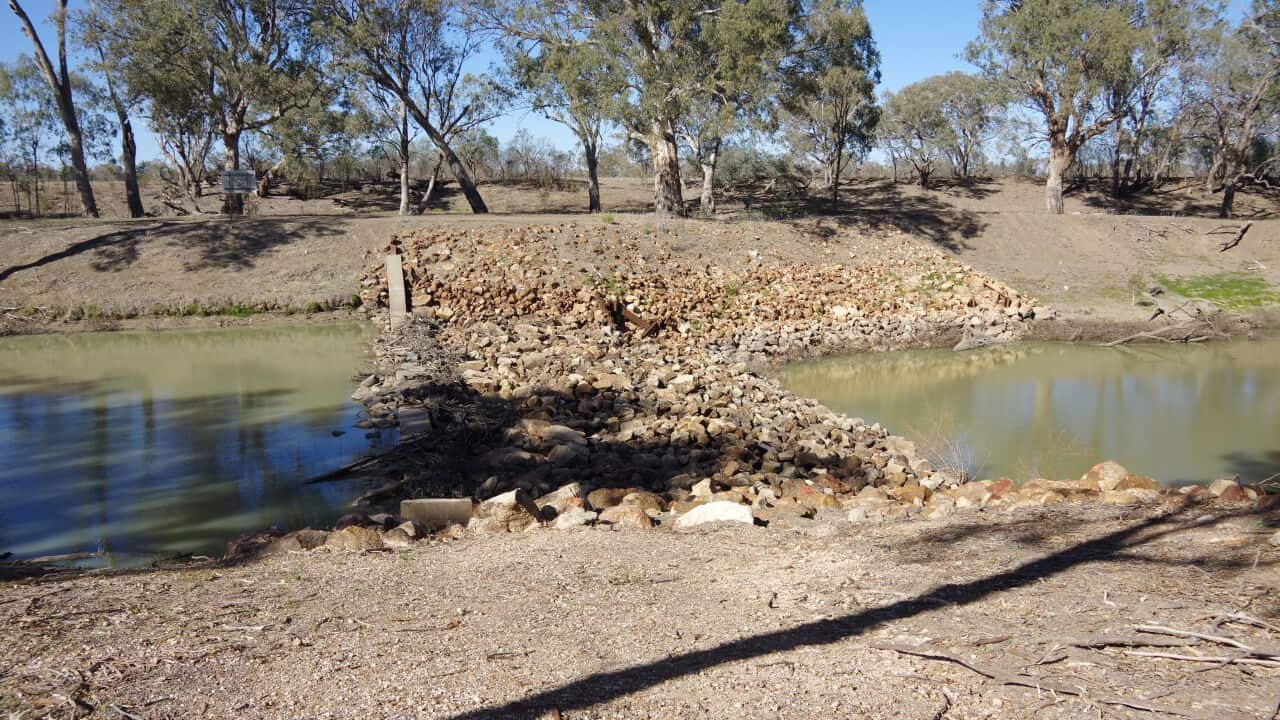The water crisis gripping New South Wales is weighing heavily on the minds of residents in regional towns as supply to their taps is predicted to end by November and the state continues to live through its worst dry spell in decades.
In a worst-case scenario, that without significant rainfall Dubbo, Cobar, Nyngan and Narromine will run dry by the time November rolls around as the Macquarie River is forecast to dry up.
Over the past two years, the Macquarie River, which services the towns, has seen an average inflow of 97GL entering into the river as opposed to the average of 1448GL every year before.
Dubbo Aboriginal Health Service chief executive Phil Naden told NITV News the current water situation in Dubbo is “getting to the stage of catastrophic”.
“Our dams are dry, we’ve had no rain for the past two years and the drought has impacted on the entire community, the rural community and also the local town folk,” he said.
“People are getting very concerned about the water levels.”
Mr Naden said he wasn’t surprised to read that Dubbo could see their taps turned off by November but added that the thought of not having water was as "a frightening concept".
“To not have water, it will impact on peoples health," he said.
Although the community is yet to see any health implications, Mr Naden predicts that if the community switches to a backup supply, issues could arise.
“There’s a lot of major [health] factors if you don’t have clean water… if you are drinking water that’s not pure or filtered properly the implications of that can be severe. It can lead to cases of severe gastro or people becoming very ill.”
More towns affected
The data by WaterNSW also showed in a worst-case scenario the Lachlan River, which runs through the state's central west, could run dry by March 2020, leaving the towns of Forbes, Cowra and Parkes without a water supply.
The Border rivers are also predicted to run dry by September 2020.
Mr Naden has called on the government to start putting measures together for future droughts so communities never have to experience water shortages.
“The water issue has been on the table before the drought. Our current government are only acting at a time were they need to be reactive and not proactive," he said.
The state government has invested $130 million into water infrastructure projects – dams, pipelines, pumps and bores – since the beginning of the drought in 2017.
This includes $78 million in the Macquarie Valley to help communities – including Dubbo, Wellington, Nyngan and Cobar – who are suffering from the gripping water crisis.
The state has been in an ongoing drought since 2017.



